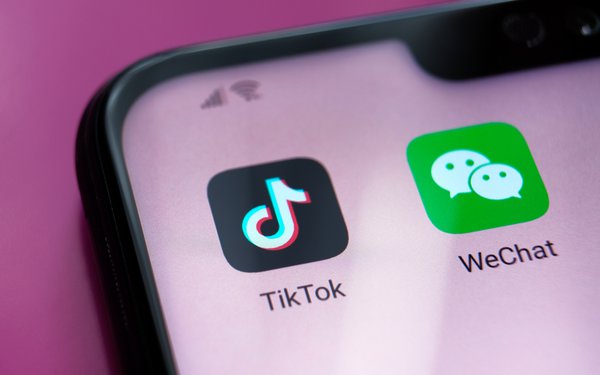
TikTok announced that it will seek to speed removal of
dangerous and offensive videos that violate its policies by introducing automated systems to help with the job in the U.S. and Canada.
“Over the next few weeks, we'll begin using
technology to automatically remove some types of violative content identified upon upload, in addition to removals confirmed by our Safety team,” Eric Han, TikTok’s head of U.S. safety,
said in a blog post.
“Automation will be reserved for content categories where our technology has
the highest degree of accuracy, starting with violations of our policies on minor safety, adult nudity and sexual activities, violent and graphic content, and illegal activities and regulated goods.
While no technology can be completely accurate in moderating content, where decisions often require a high degree of context or nuance, we'll keep improving the precision of our technology to minimize
incorrect removals. Creators will be able to appeal their video's removal directly in our app or report potential violations to us for review, as they can today.”
advertisement
advertisement
TikTok said it hopes
that the move will also reduce its moderators’ exposure to “distressing” videos, and give them more time to focus on “highly contextual and nuanced” areas, such as
bullying and harassment, misinformation, and hateful behavior.
Separately, in the latest brouhaha over social media’s failure to reign in content supposedly prohibited by the
platforms, Facebook and Twitter are under fire for not moving quickly enough to stop a surge of racist posts directed at Black players for England soccer after the team lost to Italy in the Euros
final on Sunday.
Three players who missed penalties during the game — Jadon Sancho, Marcus Rashford and Bukayou Saka — were the target of the wave of racist slurs on the
platforms.
“We could not be clearer that anyone behind such disgusting behaviour is not welcome in following the team,” the sport’s Football Association said in a statement
on Twitter. “We will do all we can to support the players affected while urging the toughest punishments possible for anyone responsible.”
This is by no means a first. Several top
British sports teams and athletes boycotted Facebook, Twitter and Instagram during a weekend this past April to protest their failure to remove routinely posted racist and sexist comments, notes
CNBC.
The problem resulted in an Online Safety Bill that was proposed last December by U.K. lawmakers, although it has yet to be passed.
The law would allow U.K. media oversight
authority Ofcom to fine companies up to 18 million pounds ($24.9 million), or 10% of their global revenues, if higher, for failing to remove harmful content quickly and thoroughly enough.
At the
same time, a just-released book by two New York Times journalists can only serve to fuel the mounting legislative and public pressure on Facebook, in particular.
"An Ugly Truth: Inside
Facebook's Battle for Domination," by Sheera Frenkel and Cecilia Kang, documents Facebook's recurrent behavior patterns in extensive detail, based on more than 400 interviews, according to a book
review by Sarah Frier in the Times.
"The social media behemoth does as
little as possible to prevent disasters from happening, then feebly attempts to avoid blame and manage public appearances. The same series of events — an unheeded warning from an employee or an
outsider, followed by executives’ inaction, followed by crisis — repeats with regard to users’ data privacy, Russia’s influence in American elections, ethnic violence in
Myanmar and on and on," sums up the review. "All the new details in the book have the potential to reignite concern over the company’s priorities at a timely juncture. “An Ugly
Truth” hits shelves just as multiple bills aiming to curb the powers of Big Tech make their way through Congress, and as the Federal Trade Commission mulls over how or whether to refile a suit
against Facebook for abuses of monopoly power."
However, "we shouldn’t get our hopes up about [the book's] contents changing Facebook’s culture, or its trajectory," adds
Frier. "None of the revelations so far of Facebook’s foibles have harmed the company financially; in June, it became the fastest-ever company to reach $1 trillion in market value, validating
Zuckerberg’s grow-at-all-costs strategy. We may be concerned about Facebook, we may even be fatigued by the amount of anger-inducing information we’ve learned about Facebook, but we still
use its products."